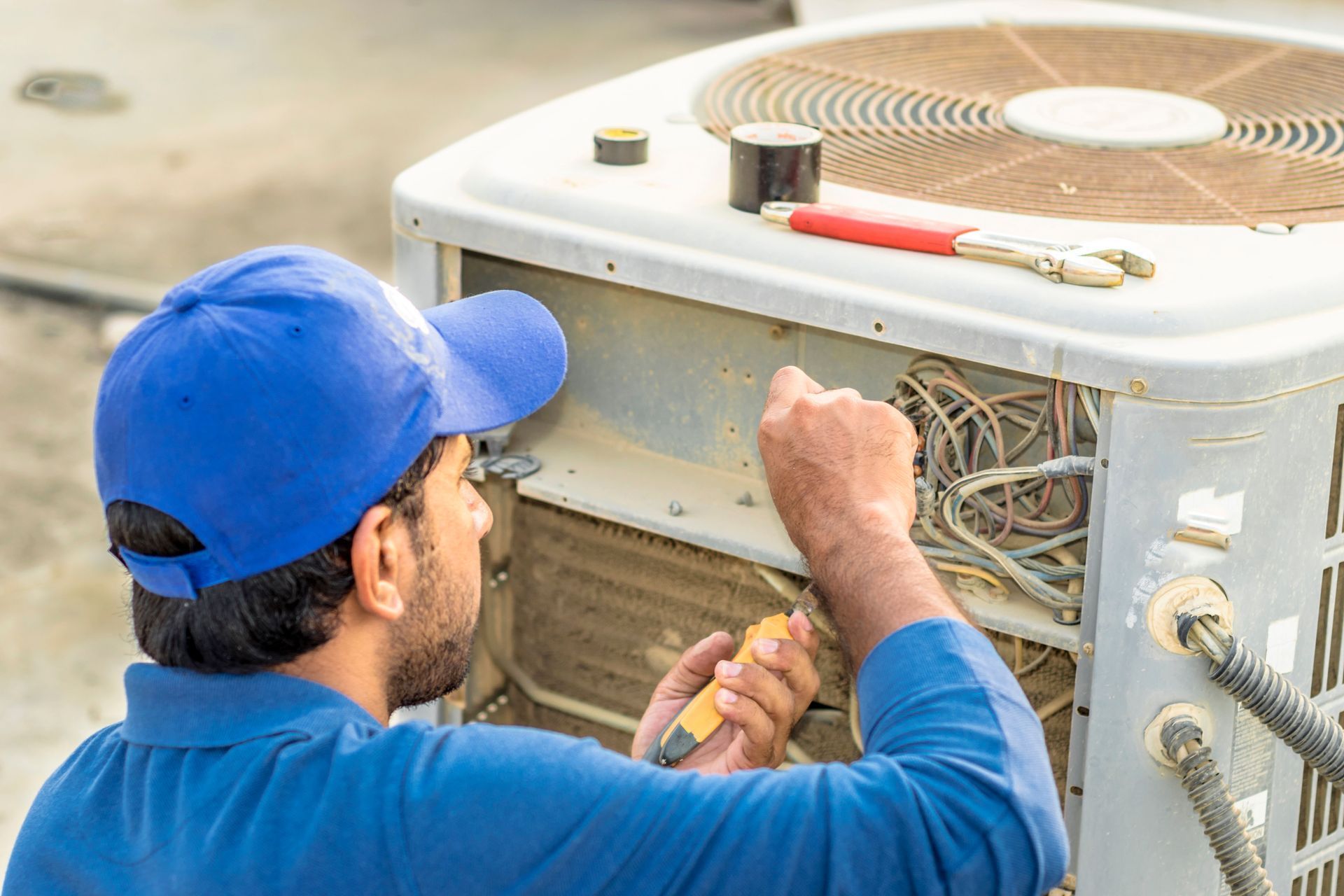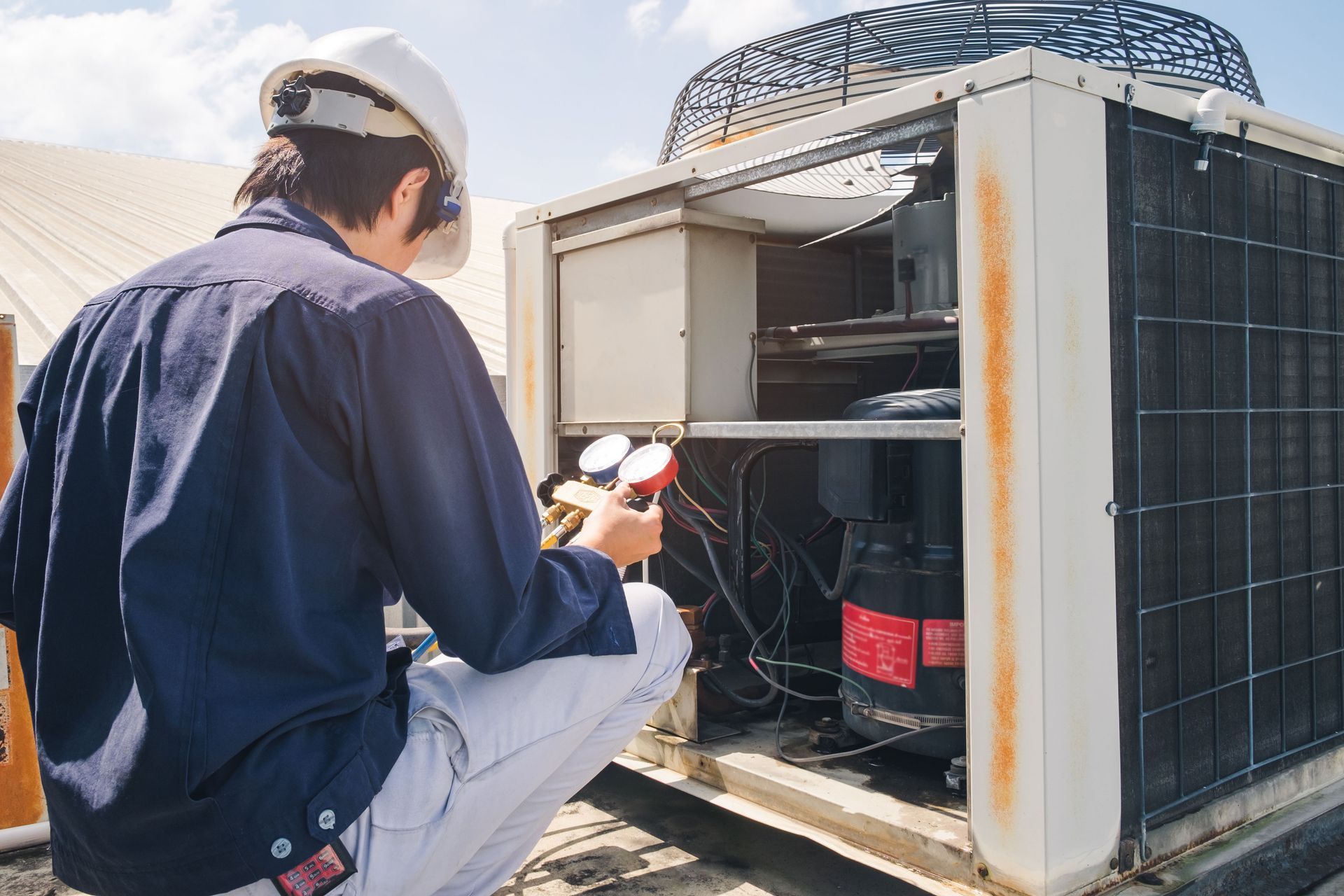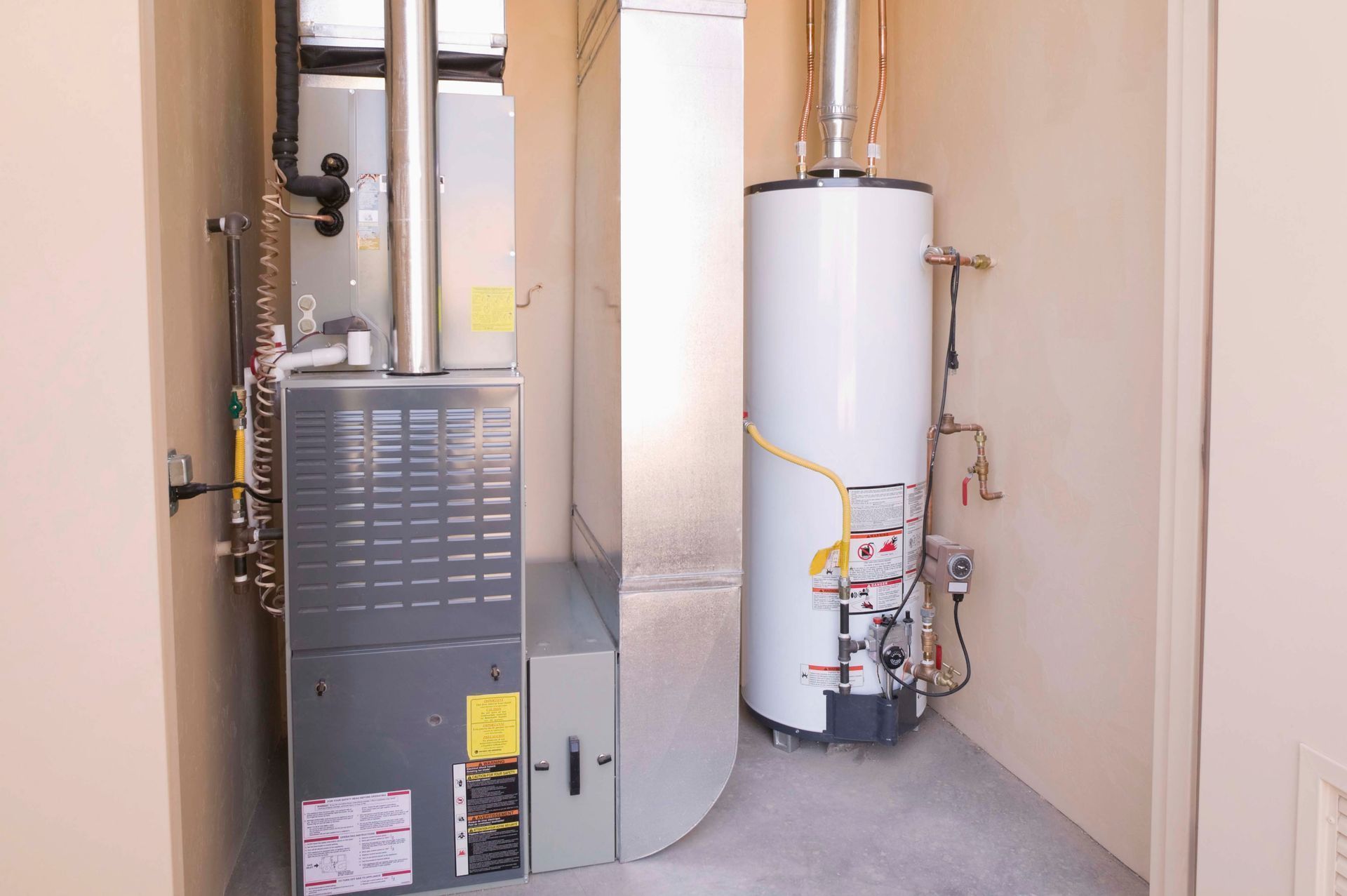September 24, 2025
As summer temperatures rise, the performance of your air conditioning unit becomes crucial for keeping your home comfortable. When a system breaks down, many homeowners turn to AC repair companies to help determine whether repairing the current unit or replacing it entirely is the best choice. This decision can feel overwhelming, as it involves weighing costs, energy efficiency, and even long-term environmental impacts. In this article, we’ll break down the key factors that influence this choice, giving you the knowledge needed to make a confident and informed decision.
Understanding the Costs Involved
One of the most immediate considerations when choosing between repair and replacement is the initial cost involved. Repairing an existing unit may seem cheaper initially, especially if the issue seems minor. However, repeated repairs can quickly add up, sometimes exceeding the cost of a new unit over time. On the other hand, replacing an air conditioner entails a significant upfront expense, but this can be mitigated by considering long-term savings.
While initial costs are important, homeowners must also consider long-term savings. New air conditioners often come with improved energy efficiency, reducing energy bills considerably. Over time, the savings on monthly bills can offset the initial cost of a new unit. This is particularly relevant in regions with long and severe summers where AC units are used extensively.
When deciding whether to repair or replace an air conditioner, homeowners are often surprised by hidden costs that can quickly add up. While repairing may seem like the more economical choice, frequent part failures and ongoing service needs can make it more expensive over time. On the other hand, replacement can come with its own hidden expenses. Experienced AC repair companies can help identify these costs upfront, allowing you to make a more accurate and informed financial evaluation.
Lifespan and Efficiency of Air Conditioning Units
The typical lifespan of an air conditioning unit is a key factor to consider when deciding between repair and replacement. While many systems last for several years, their longevity can vary greatly depending on usage and maintenance. AC repair companies often note that age alone isn’t always the deciding factor, as a well-maintained older unit can sometimes perform better than a poorly cared-for newer one. However, when a system approaches the end of its expected lifespan and begins showing signs of inefficiency or frequent breakdowns, replacement is often the smarter choice.
Regular maintenance significantly impacts the longevity and efficiency of an air conditioning unit. Routine services such as filter changes, coil cleaning, and system checks can preserve the condition of your unit. Homeowners who adhere to recommended maintenance schedules often enjoy extended lifespans from their units. Moreover, consistent upkeep can maintain energy efficiency levels, ensuring the unit cools effectively while consuming less power.
Understanding signs of air conditioner deterioration can prevent unexpected breakdowns during peak demand, such as during heatwaves. Common indicators include reduced cooling efficacy, increased noise levels, and frequent cycling or system failures. Pay attention to these warning signs to address issues promptly, potentially opting for replacement to avoid extensive repairs. According to WebMD, experts say sleeping in a room that's between 60-67 degrees is ideal for the best rest, underscoring the importance of effective AC performance for health and comfort.
Environmental Considerations
Environmental impact is a critical aspect when pondering the repair or replacement of an air conditioner. Older models with lower efficiency ratings consume more energy, contributing to higher carbon footprints. Transitioning to a newer, energy-efficient model can reduce energy consumption significantly, positively impacting the environment. By lowering the unit's demand on the power grid, a new installation can result in fewer greenhouse gas emissions.
Frequent regulatory changes surrounding refrigerants play an important role in deciding whether to repair or replace an air conditioner. Many older systems rely on refrigerants like R-22, which are being phased out due to environmental concerns, making them harder and more expensive to service. AC repair companies often warn that future repairs could become costlier or even impossible as these refrigerants grow scarce. Upgrading to a unit that uses modern refrigerants not only helps ensure compliance with regulations but also supports long-term environmental responsibility.
Responsible disposal of old air conditioning units is another environmental consideration. Proper disposal ensures the elimination or recycling of hazardous materials, such as refrigerants, without harming the ecosystem. Consulting with certified HVAC professionals who adhere to environmental guidelines can facilitate ethical disposal. Some programs or companies specialize in recycling or repurposing old units, turning potential waste into usable resources.
Performance and Comfort Level Considerations
The primary purpose of an air conditioner is to provide cooling, thus efficiency remains a key focus. A unit that fails to maintain desired temperatures, despite high settings, may indicate deteriorated performance. Modern units are designed with better cooling capabilities, optimizing air distribution and temperature regulation. Evaluating the cooling effectiveness of your current air conditioner against newer options presents a clear picture of potential benefits.
Inconsistent temperatures or fluctuations signify declining air conditioner performance. Units struggling to maintain consistent temperature levels throughout a home often consume more energy. Newer models with enhanced features ensure consistent temperature regulation, maintaining comfort across different rooms. Monitoring temperature uniformity provides insight into operational efficiency.
Air quality and allergy concerns are another factor that can influence whether to repair or replace an air conditioner. Modern units often feature advanced filtration systems that reduce dust, pollutants, and allergens, helping to create a healthier indoor environment. Many AC repair companies also recommend enhancements such as air purifiers and dehumidifiers, which further improve air quality and support better respiratory health. If an older system worsens allergies or fails to address these concerns, upgrading to a new unit can provide lasting health benefits and a more comfortable living space.
Timing and Urgency of Repairs
Global supply chain disruptions significantly impact availability of parts and units, adding complexity to planning repairs and replacements. Delays and shortages may hamper repair timelines, necessitating adaptations or interim solutions. Preparedness involves understanding potential supply issues and exploring alternative solutions including preemptive replacements. Staying informed about supply dynamics empowers homeowners to circumvent potential delays. Consideration includes ensuring timely access to preferred units or service solutions.
Unforeseen emergencies, such as sudden system failures, often require immediate action to prevent further damage to your home. In these situations, AC repair companies can provide urgent repairs that may salvage the system and preserve property conditions. However, if breakdowns continue or underlying issues remain, replacement may be the more practical solution to avoid recurring problems. By planning ahead with professional service access and contingency measures, homeowners can handle emergencies effectively while maintaining long-term comfort.
The demand and availability of HVAC contractors directly impacts service wait times and cost considerations. High demands during peak seasons can delay service, extending periods without climate control solutions. Early contact with trusted contractors may secure timely access and optimized appointment scheduling, reducing waiting periods. Familiarity with contractor networks and flexibility in planning offers better coordination, fostering satisfactory outcomes.
Deciding whether to repair or replace your air conditioner requires careful consideration of factors like cost, performance, energy efficiency, and environmental impact. Many homeowners turn to AC repair companies for expert guidance, as they can provide tailored advice that balances immediate needs with long-term savings and sustainability. By consulting professionals and evaluating each element, you can make an informed decision that enhances comfort while aligning with both personal and environmental priorities. If you're looking for quality HVAC repair and installation services, get in touch with Triangle Repair Group Heating & Cooling.













